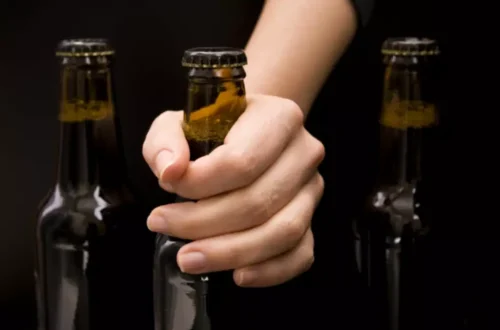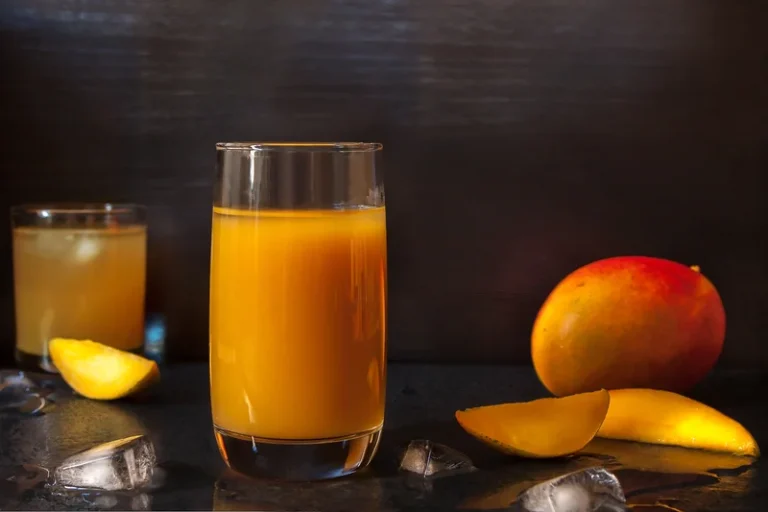
This relaxes the blood vessels to reduce hypertension (high blood pressure). Heavier drinking (binge drinking) can also bring on a first episode of arrhythmia; once this has happened for the first time, you’re at an increased risk in the future. Drinking alcohol to excess can cause other serious health conditions, such as cardiomyopathy (where the heart muscle is damaged and can’t work as efficiently as it used to) and arrhythmias (abnormal heart rhythms). A study from 2019 looked into the effects of aged white wine consumption in males with a high risk of cardiovascular disease. According to the CDC, the reported health benefits of moderate alcohol consumption may be inaccurate. Some evidence suggests that reducing alcohol intake in heavy drinkers could help reduce BP, but much more research is required to validate these observations.
Naissides 2006b published data only

In many ways, your medical history (and present) can tell you a lot about your future with alcohol. That means, if you’re living with other medical conditions and/or taking how does alcohol affect blood pressure certain medications, this will all have an impact on how alcohol affects you. Let’s face it, a hangover in your mid-40s doesn’t feel the same as one in your early 20s.
Other medical conditions
The magnitude and direction of the effects of alcohol on blood pressure depend on the time after alcohol consumption. Moderate‐certainty evidence shows that acute consumption of medium to high doses of alcohol decreases blood pressure within the first six hours and for up to 12 hours after alcohol consumption. For times greater than 13 hours, high doses of alcohol consumption increased blood pressure. Low, moderate, and high alcohol consumption increased heart rate within the first six hours.

Alcohol Consumption and CHD
If the dose of a study was not reported in the article and the study author did not respond to our request, we excluded that study. Paired with the added risk of high blood pressure, treatment and rehabilitation become even more important. As part of a comprehensive treatment plan for alcohol use disorders, group therapy, individual counseling, family counseling, support group meetings, wellness activities, and medication treatments may be included. Swapping some of your usual alcoholic drinks for a tasty non-alcoholic option is an easy way to cut back. Or making a permanent switch to lower alcohol alternatives can be a sustainable approach to cutting down in the longer term, if you’re not ready to give up alcohol. Medications such as statins that act directly on the liver can cause further damage when combined with alcohol.
- Hypertension, or high blood pressure, is a very common condition worldwide.
- Although highly individualized and dose dependent, alcohol use also can increase bleeding time (i.e., taking longer to develop a clot)(Salem and Laposata 2005).
- The exact sequence of the development of ACM remains incompletely understood.
- The Centers for Disease Control and Prevention (CDC) reports a correlation between alcohol consumption and various short- and long-term health risks.
- The way in which alcohol consumption has been measured and categorized varies, sometimes making it challenging to compare data among studies.
If you have high blood pressure, avoid alcohol or drink alcohol only in moderation. For healthy adults, that means up to one drink a day for women and up to two drinks a day for men. Researchers found this group had a reduced risk of hypertension after drinking 30 grams, about 2 tablespoons, of a specific form of aged white https://ecosoberhouse.com/ wine every day for 3 weeks. At the time of drinking, alcohol is absorbed into the bloodstream and then carried throughout the body, with a temporary increase in heart rate and blood pressure. The last thing you want is for that casual drink after work or glass of wine at dinner to negatively impact your heart health.
Flechtner‐Mors 2004 published data only

Diastolic blood pressure is the pressure in the arteries between heartbeats. However, researchers noted that a 3-week trial was not long enough to determine the long-term effects of drinking 30 grams of aged white wine per day. The Centers for Disease Control and Prevention (CDC) notes that if a person has hypertension, they may have a higher risk of conditions such as heart attack, stroke, and heart disease. Moreover, not only does drinking cause elevated blood pressure, but in excess, it can directly enhance the damage caused to cardiac and renal tissues by hypertension. Some scientists suggest a J-shaped curve between alcohol and CVD, but this remains a hypothesis.

Authors’ conclusions
- They do not pass readily through cell membranes, and they are major components of very-low-density lipoproteins (VLDLs), which are converted in the blood to LDLs.
- People over 40 years old or those with a higher risk of hypertension should have a doctor check their blood pressure at least once a year.
- Red wine contains an antioxidant called resveratrol, which some studies have shown reduces cholesterol and lowers blood pressure.
- Several clinical trials in humans and studies conducted in animal models have reported stimulation of the sympathetic nervous system and increased noradrenaline after consumption of alcohol (Barden 2013; Grassi 1989; Randin 1995; Russ 1991; Zhang 1989).
Even moderate alcohol intake could cause high blood pressure. Learn what you can do to reduce the risk
- This is especially true when you engage in binge drinking (that’s defined as four or more drinks within two hours for women and people assigned female at birth, and five or more drinks within two hours for men and people assigned male at birth).
- Finally, data from INTERHEART support the finding that the risk of MI is increased in the 24 hours after consumption of 6 or more drinks, suggesting that binge drinking increases MI risk (table 1).







